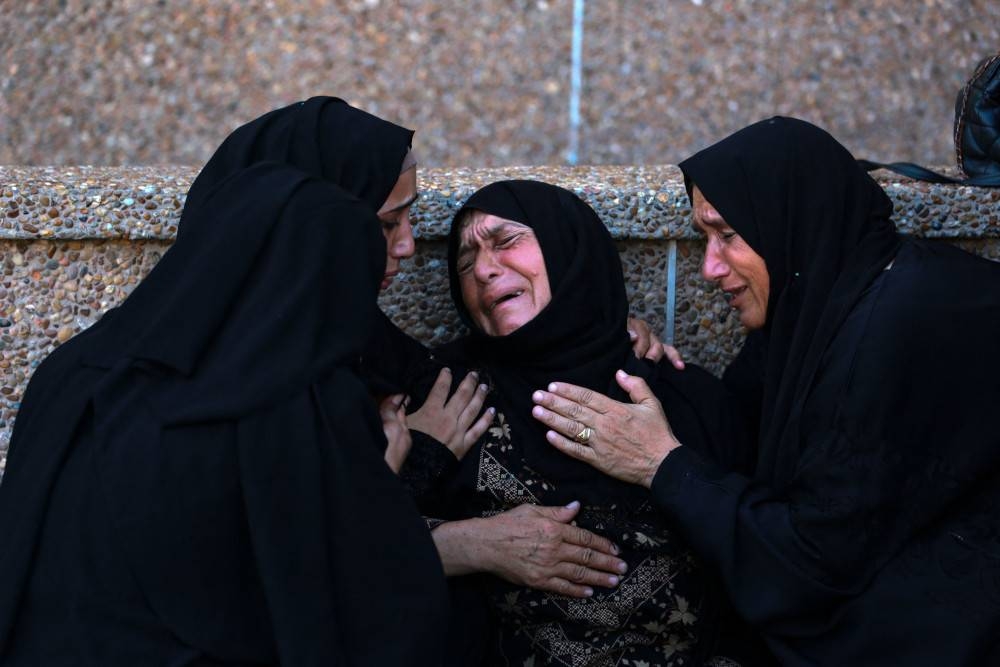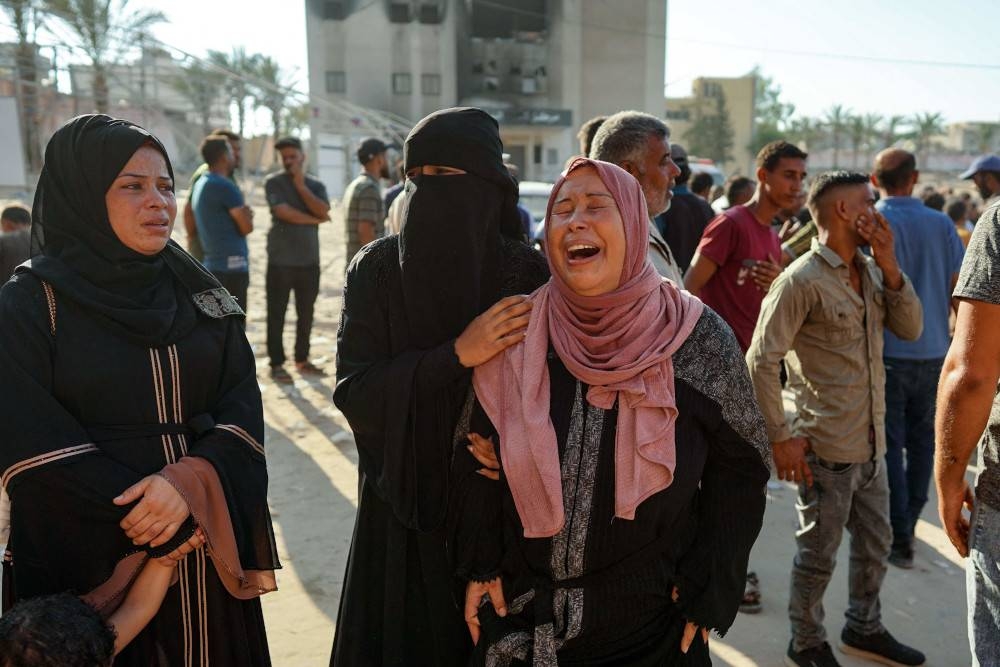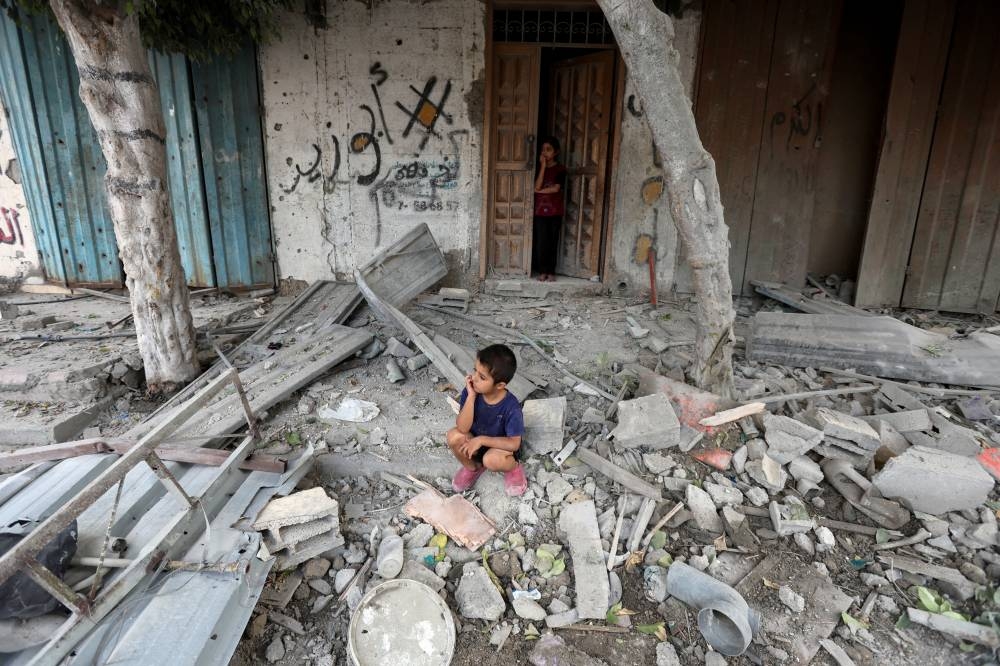Qatar is set to host Gaza ceasefire talks Thursday, seeking a so-far elusive agreement that the United States hopes would stop Iran striking Israel and avert a wider war.
US, Qatari and Egyptian mediators have invited Israel and Hamas for negotiations aimed at ending fighting that the health ministry in the Hamas-run Gaza Strip says has killed nearly 40,000 people in the Palestinian territory.
Israel confirmed it would attend, though it remained unclear if Hamas planned to participate.
A spokesman for Israeli Prime Minister Benjamin Netanyahu said that the heads of the Mossad spy agency and Shin Bet secret service would attend the Doha talks.
Axios reported that US Secretary of State Antony Blinken has postponed a trip to the Middle East. White House press secretary Karine Jean-Pierre told reporters that CIA Director Bill Burns and US Middle East envoy Brett McGurk will represent Washington at the talks in Qatar.
A Hamas official said the resistance movement was "continuing its consultations with the mediators", after demanding the implementation of a proposal that US President Joe Biden laid out on May 31, instead of holding more talks.
Hamas has told mediators it has made significant compromises but has yet to receive a serious response from the Israelis to its latest proposal from July 2, a source with knowledge of the talks told Al Jazeera. If that happens, the group says, it will meet with mediators after the Thursday session. Biden's phased plan would start with an initial six-week "complete ceasefire", the release of some hostages held in Gaza and a "surge" in humanitarian aid entering the besieged territory as the warring sides negotiate "a permanent end to hostilities", Biden said at the time.
"Hamas is committed to the proposal presented to it on July 2, which is based on the U.N. Security Council resolution and the Biden speech and the movement is prepared to immediately begin discussion over a mechanism to implement it," Hamas official Abu Zuhri said.
The latest mediation push comes as regional tensions have soared following the July 31 killing of Hamas political leader and truce negotiator Ismail Haniyeh during a visit to Tehran.
Western leaders have urged Tehran to avoid attacking Israel over Haniyeh's killing, which came hours after an Israeli strike in Beirut killed a senior commander of Hamas ally Hezbollah, the powerful Iran-backed militant group in Lebanon.
Numerous governments have issued advisories against travel to Lebanon and prepared contingency plans to evacuate their nationals from the region if full-scale war breaks out.
Three senior Iranian officials have said that only a ceasefire deal in Gaza would hold Iran back from direct retaliation against Israel for the assassination of Hamas leader Ismail Haniyeh on its soil last month.
As part of de-escalation efforts, French Foreign Minister Stephane Sejourne is set to visit Beirut today, on the heels of a visit by US envoy Amos Hochstein.

A Palestinian woman mourns a family member killed in Israeli bombardment, at the Nasser hospital in Khan Yunis in the southern Gaza Strip on Wednesday. AFP

A Palestinian woman mourns a family member killed in Israeli bombardment, at the Nasser hospital in Khan Yunis in the southern Gaza Strip on Wednesday. AFP

A Palestinian boy sits at the site of an Israeli strike on a house, amid the Israel-Hamas conflict, in Maghazi refugee camp in the central Gaza Strip, Wednesday. AFP
